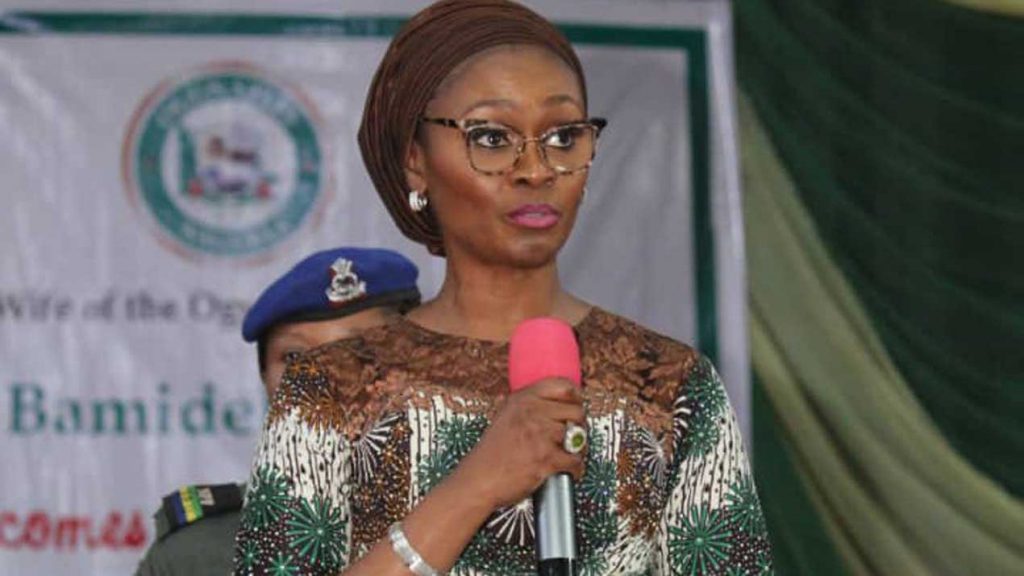Wives of the 36 State Governors of the federation have called for greater visibility and communication capacity to support their social intervention work, saying their efforts often go unnoticed despite complementing state-led development programmes.
Speaking at a media and leadership retreat in Abuja on Wednesday, Ogun State First Lady Bamidele Abiodun, who spoke on behalf of her colleagues, said that as wives of elected governors, they are often the intersection of compassion and influence.
The retreat, tagged “Leading With Impact,” brought together wives of governors from across the 36 states to explore strategic communication, media engagement, and narrative building.
It was facilitated by Emmy Award-winning journalist and former CNN Africa Senior Editor Stephanie Busari through her firm, SBB Media.
According to Abiodun, first ladies across states work tirelessly to support communities, yet their voices are too often underrepresented or unheard of altogether.
She noted that the training would change the narrative and strengthen the ability of first ladies to communicate with clarity, confidence, and conviction.
“It’s about learning how to share our work with the world, not just through speeches but through strategy. And it’s about embracing the truth that our visibility is not vanity; it is responsibility,” she said.
“We each have stories that can move policy, shape perception and inspire change, not just in our countries but across the continent.
“As supposed to support what the governors do, and usually, what we do is in the social space, like working with women, with children, enhancing lives—like things that the governors may not be able to identify, or even if they identify, they may not be able to reach those areas.
“So, what we plan to do, what we would like to do as a body and individually, is to be strengthened in those areas of communicating with people—not only communicating with them but reaching them effectively.”
Busari noted that first ladies, who are traditionally seen as ceremonial figures, are increasingly at the centre of social intervention, advocacy, and policy mobilisation across sectors such as maternal health, education, gender-based violence, and economic empowerment.
She, however, lamented that many of these contributions go underreported or undervalued, largely due to limited access to structured media training or public strategy support.
“We realise that the work that they do is so vital with women, children, health, maternal mortality, things that are affecting so many aspects of our community. Like she rightly said, these are areas that the governors may not have oversight on,” she said.
“That is their role. And it’s their role also to make sure that you, as members of the press and the general community, know about these things, most especially the resources that people can access in their communities.”

